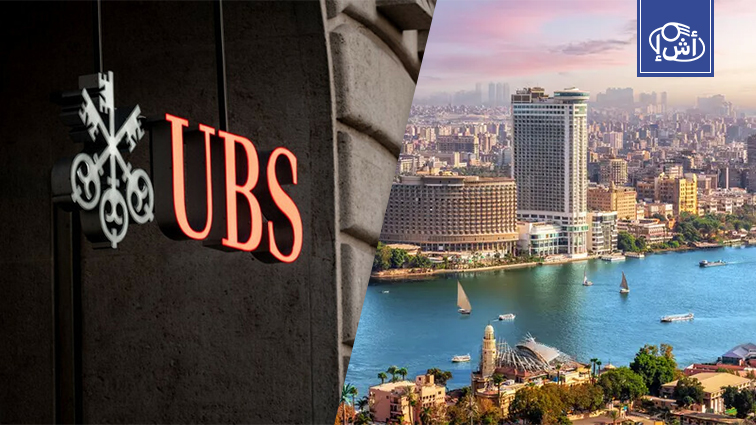Recent reports from “UBS” Bank stated that Egypt may witness a jump in the inflow of foreign currencies thanks to foreign direct investments, remittances from Egyptians abroad, and improved revenues from the Suez Canal.
The report developed three scenarios, the most optimistic of which indicates a 30% increase in foreign investments and remittances by Egyptians abroad compared to the years 2021 and 2022. These transfers will raise the total foreign currency entering the country to $20 billion in the next sixteen months, which will help the Central Bank of Egypt to strengthen its reserves. Cash until 2025.
The report stated that the less optimistic scenario shows reduced access to markets and a slow recovery in Suez Canal revenues, leading to net external flows ranging between $2 and $3 billion, which puts pressure on cash reserves.
The UBS report also revealed a balanced scenario that expects moderate growth supported by foreign direct investment and investment portfolio flows, despite the challenges resulting from the decline in Suez Canal revenues.
The report expected the exchange rate to range between 46 and 51 pounds to the dollar until the end of the year, indicating that Egypt may not join the” JP Morgan” Emerging Market Bond Index until the middle of next year, which could bring between 3 and 4 billion additional dollars in foreign exchange. Foreign currencies through investments in Egyptian debt instruments.
“JP Morgan” announced in January 2024 that it would exclude Egypt from its series of emerging market government bond indices, effective January 31, 2024. The decision came as a result of problems related to the convertibility of foreign exchange reported by investors.
Excluding Egypt from the index means that the Egyptian government will face great difficulties in offering new bonds in international markets or internally in hard currency. The government will also have to double the interest to compensate the foreign investor for the risks of being unable to transfer his money abroad and being forced to transfer the currency from home to abroad based on the prevailing exchange rate on the black market.
Signing a military cooperation protocol between Egypt and Somalia
